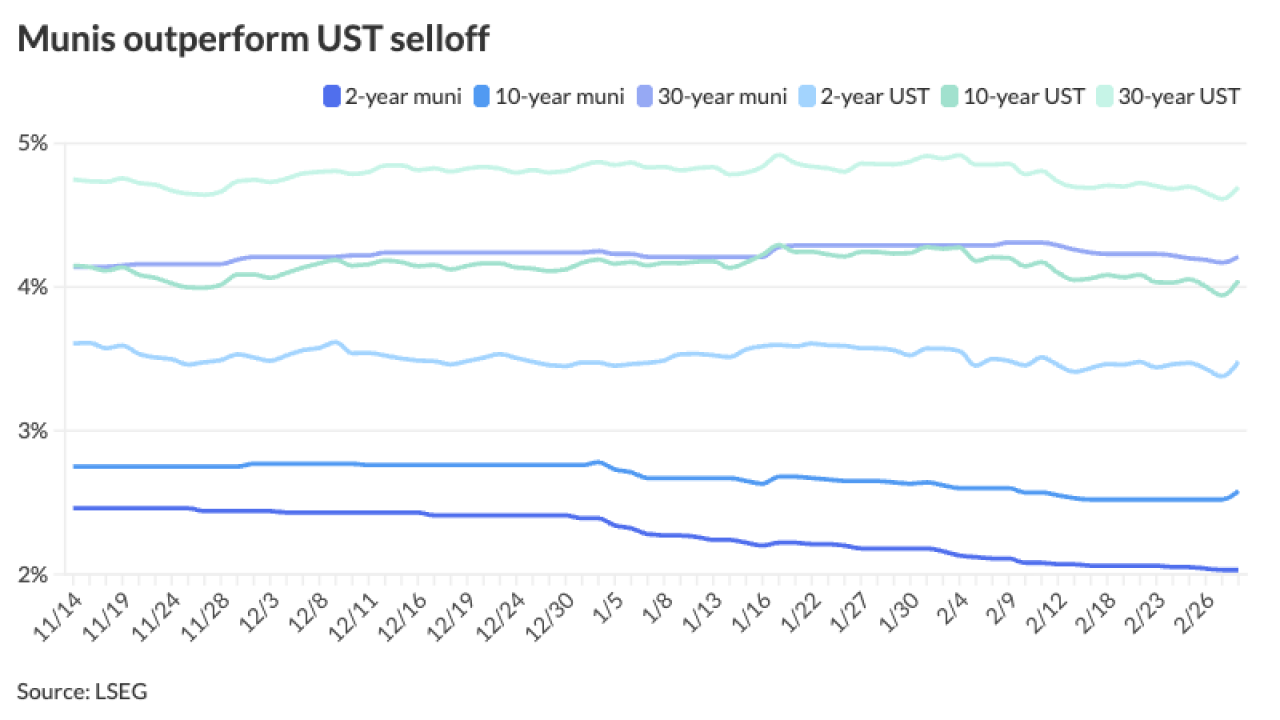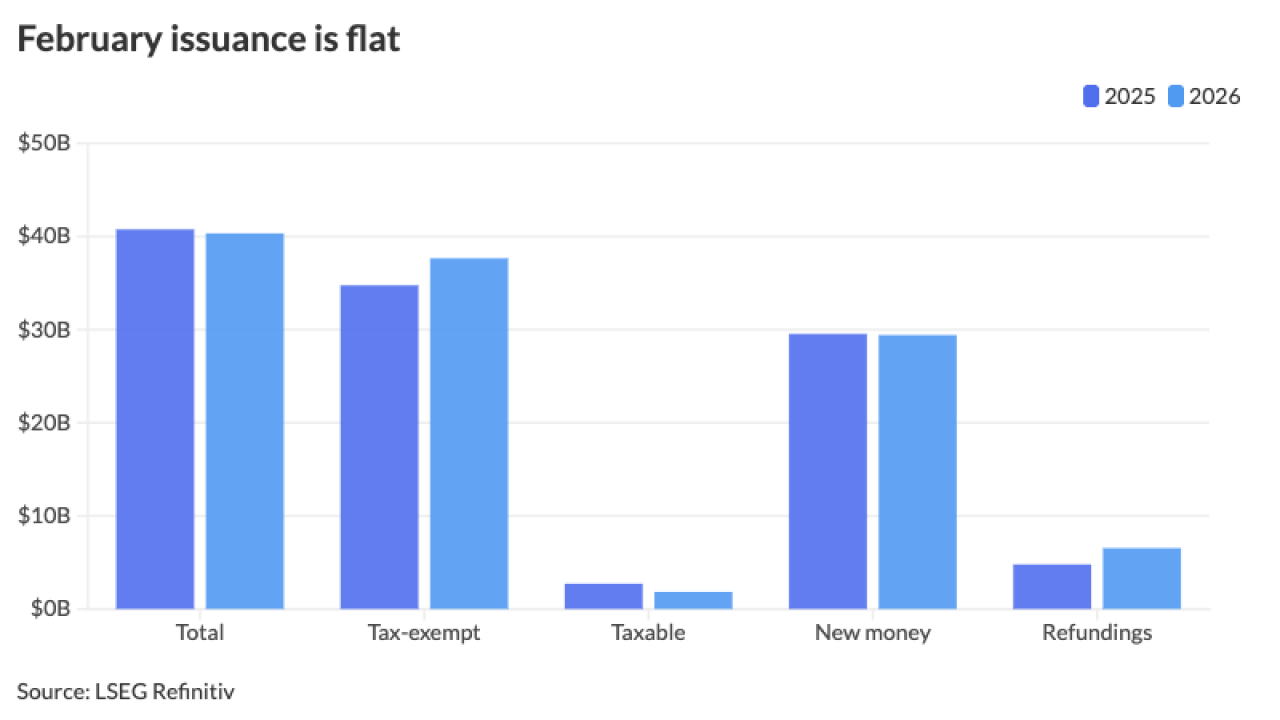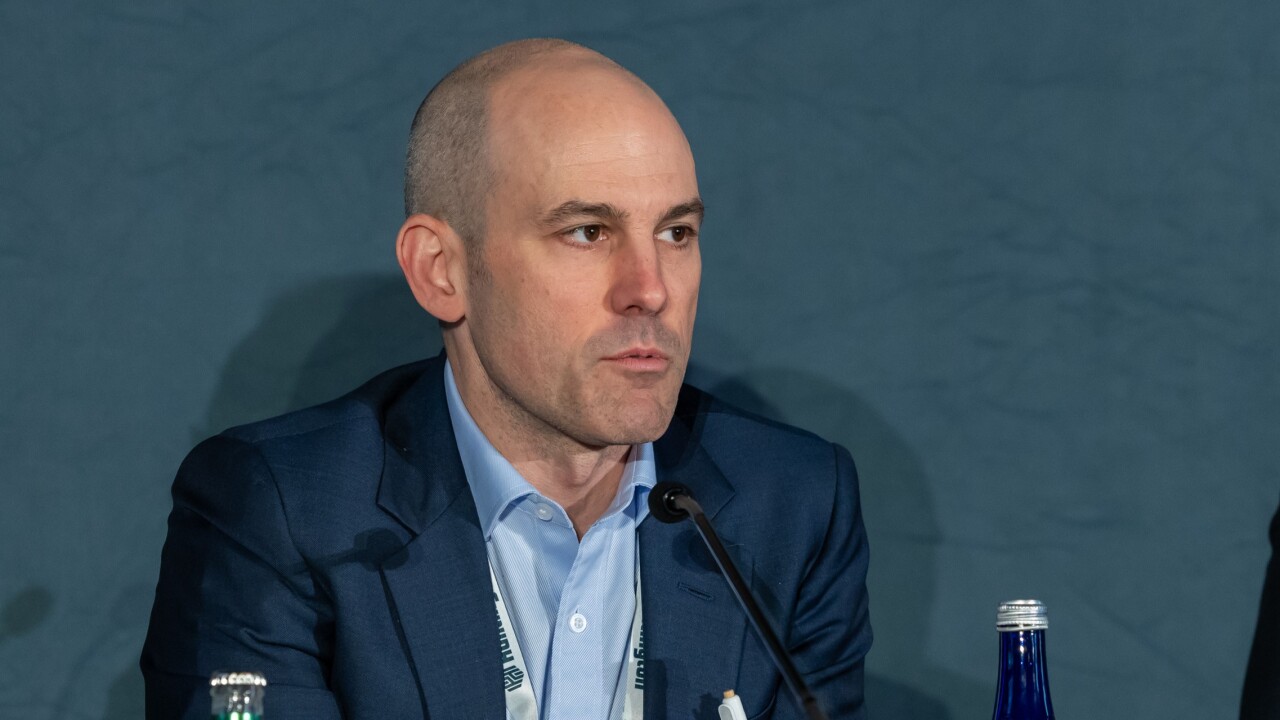
CHICAGO - While the Regional Transportation Authority's service boards in Illinois are benefiting from an increase in the sales tax rate won earlier this year, the agency warned this week that they face $190 million in additional fiscal "pressures" as they craft their 2009 budget amid rising fuel and maintenance costs, a drop in state funding, and sluggish sales tax collections.
The RTA attributed its transit service boards' current struggles to a combination of challenges that include $50 million from rising fuel prices that are expected to drive that expense up to $250 million next year, another $50 million that must be spent on maintenance without a new infusion of state capital funding, and the $30 million loss in fares that otherwise would be paid by seniors.
Gov. Rod Blagojevich added the free ride provision to RTA funding and reform legislation approved early this year that authorized a regional sales tax increase and an increase in Chicago's tax on real estate transactions. The bailout package was approved amid warnings that without an infusion of new revenue, the region faced massive service cuts and fare hikes to eliminate a $400 million deficit. The RTA provides financial oversight of the Chicago Transit Authority, Metra commuter rail, and Pace suburban bus service
Although the RTA's service boards will receive an additional $530 million in revenues from the tax increases, overall sales tax collections and real estate transactions are sluggish and are expected to fall about 3% short of estimated collection levels, contributing the fiscal pressures.
At a meeting Monday during which initial budget briefings were held, RTA officials portrayed the projected shortfall as manageable although they set the groundwork for a potential fare increase, echoing recent comments from CTA officials when they announced $40 million in job and other cuts to keep their current budget balanced.
"When the funding and reform bill was enacted in January, we thought we could balance the budget even though new tax revenues would not be available until July, and we had to deal with the loss of revenue from the senior free rides mandate," said RTA board chairman Jim Reilly said.
"Since then, increases in the price of fuel, the elimination of the state half-fare subsidy, economic pressures producing lower-than expected sales tax receipts and revenue from the real estate transfer tax, and increased operating costs due to deferrals in capital maintenance have all contributed to the more serious challenge that we face today," he said.
"While we face some tough budgetary choices as we finalize the 2009 budget, the situation this year is dramatically better than that we faced last year ... By contrast, the issues this year, while not easy, are eminently doable with further cost restraints and, if need be, a modest fare increase," he added.
The governor and Chicago mayor Richard Daley traded barbs in recent days over the fare increase issue after transit officials blamed their struggles in part on the cost of providing free rides for seniors. The governor countered that Daley and CTA officials were to blame for years of mismanagement of the agency and suggested they had long planned a fare increase.
The mayor shot back earlier this week when asked about the governor's comments, saying in a high-pitched voice: "cuckoo." Blagojevichresponded that he doesn't think he's crazy.
The discussions Monday - in which budget conditions were released, financial plans outlined, and the service boards told their funding ratios - formally launch the 2009 budget process. Each service board is now required to craft a budget and hold public hearings on it before submitting it to the board by Nov. 15. The RTA will vote on the final budgets in December.
Frustrated RTA officials used the occasion to renew pressure on Blagojevich and the General Assembly to adopt a new capital program that would provide funds and borrowing authorization. Officials partially blame their budgetary pressures on a lack of new capital funds and have warned of the long-term impact such a drought has on its ability to keep the system in good repair or to fund expansions.
"All of the service boards are facing challenges," said RTA executive director Steve Schlickman. "These challenges are made more difficult by a lack of state capital funding. When the CTA, Metra, and Pace are forced to operate equipment that is out of date on an aging infrastructure, it costs them more money than it should and places more strain on an already-tight budget. We need action in Springfield on capital funding."
Various capital plans ranging from $25 billion to $34 billion have been floated, although the governor and lawmakers have so far failed to settle on how to fund a plan amid an ongoing feud between the governor and House Speaker Michael Madigan, D-Chicago. The House did last week endorse leasing the state lottery, which would provide about $7 billion towards a capital program. The Senate must approve the same legislation.
The RTA last year unveiled a strategic proposal - called Moving Beyond Congestion - that sought legislative support for $10 billion of capital investments over the next decade. The plan projects the need for $34 billion over the next three decades to maintain the current transit system, and $57 billion to expand it. The CTA has $2.4 billion of projects it wants to fund through 2012 and another $6 billion in unfunded needs.
The RTA needs new bonding power to replace its exhausted authority and to secure $2.5 billion of matching federal dollars, according to RTA chief financial officer Joseph Costello. The authority, which has more than $2 billion of outstanding debt, was last granted new bonding capacity of $1.3 billion in 1999 under the Illinois FIRST public works program. Only about $10 million of authorization remains under its Strategic Capital Investment Program, in which the state reimburses the agency for debt service.
Another $70 million of non-SCIP authorization also remains unused. The agency's debt is rated in the mid-to-high double-A category by the three rating agencies, due primarily to the strong debt service coverage levels afforded by the sales tax revenues that is pledged towards repayment of the bonds.





